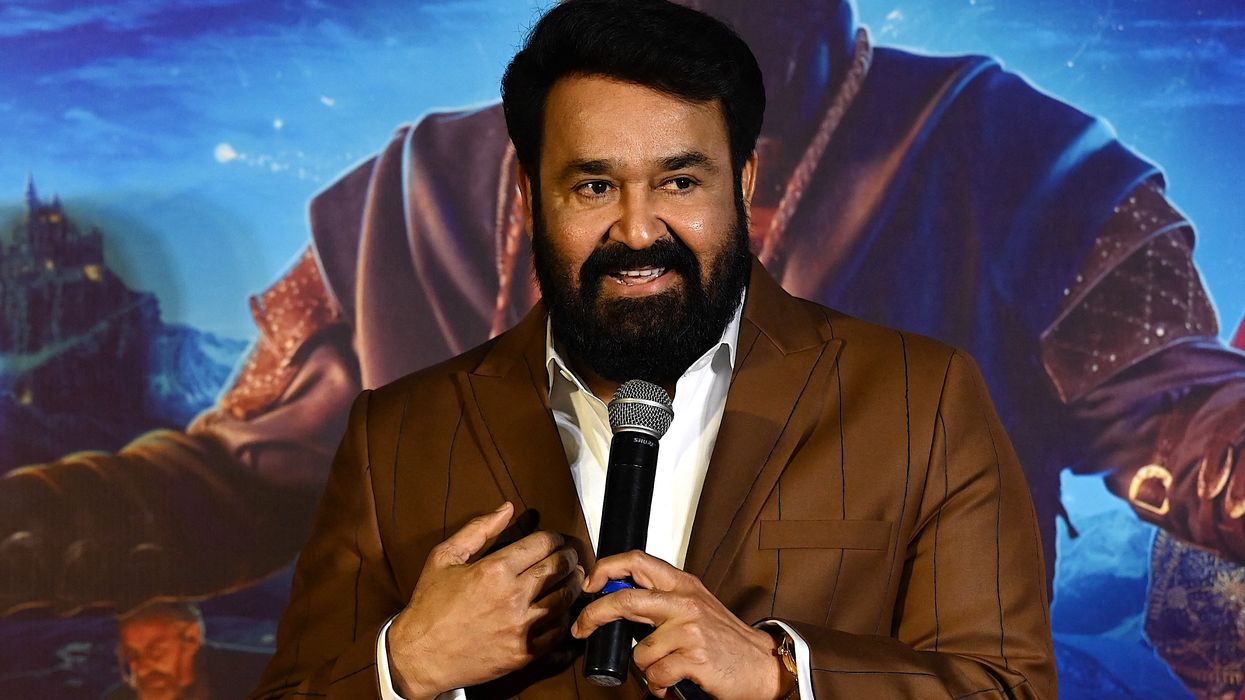INDIA'S economy grew at its slowest pace in more than six years in the July-September period, down to 4.5 per cent from seven per cent a year ago, according to government figures released Friday (29) that piled more pressure on prime minister Narendra Modi.
The expansion in Asia's third-largest economy fell from five per cent in the previous quarter.
The falling growth, now well below the level needed for India to provide the millions of jobs required each year for new entrants to the labour market, poses a major headache for Modi.
His government is struggling to kickstart what was once the world's fastest-growing major economy as consumer demand shrinks and unemployment surges to a four-decade high.
Finance minister Nirmala Sitharaman has announced reforms, easing restrictions on foreign investment in key sectors, slashing corporate taxes, and launching a privatisation drive aimed at reviving moribund state-run firms.
The country's central bank, the Reserve Bank of India (RBI), has cut interest rates five consecutive times this year in a bid to boost lending.
But none of the measures have raised consumer confidence. Demand for everything from cars to cookies has plummeted.
The slump has already seen India lose its position as the fastest-growing major economy to China this year.
China said last month that its economy grew six per cent in July-September, down from 6.2 per cent in the second quarter.
Economists expect India's central bank to announce yet another rate cut to combat a liquidity crunch caused by the collapse of India's shadow banking sector.
Rates are currently at a nine-year low.
Modi's government has taken several steps, including cutting corporate tax in September, to boost investments and bolster economic growth.
Economists in a Reuters poll predicted the RBI would cut its repo rate for the sixth time in a row, by 25 basis points, to 4.90 per cent at its December meeting.
"Agrarian distress and dismal income growth so far, coupled with subdued income growth expectation in urban areas, have weakened consumption demand considerably," said Devindra Pant, chief economist at Fitch arm India Ratings & Research.
"Even the festive demand has failed to revive it," he said, citing data on non-food credit, auto sales and select fast moving consumer goods.
On Wednesday (27), in a heated parliamentary debate on the economic slowdown affecting jobs, opposition parties said million of people had lost their jobs and the country faced a "economic emergency".
In her reply, finance minister Nirmala Sitharaman said the economy faced a slowdown but no "recession" and cited several government measures to support economic growth.
On Thursday (28), she sought parliament's approval to spend $2.7 billion in addition to a budgeted $388bn in the 2019-20 fiscal year.
Economists said with persistently tight domestic credit and weak corporate profits, India's recovery could be delayed and the pick-up would remain below potential.
India needs to grow at around eight per cent to create enough jobs for its millions of young people joining the labour force each year.
The unemployment rate in October rose to 8.5 per cent, its highest since August 2016, according to the Centre for Monitoring Indian Economy (CMIE), though the government estimates that urban unemployment declined.
Some economists, however, said economic growth could pick up in the second half of the current fiscal year, after the government took steps to support real estate and non-bank finance companies.
"The economic slowdown has bottomed out in the September quarter," said NR Bhanumurthy, an economist at the National Institute of Public Finance and Policy, a Delhi-based government think tank.
"With easing of credit and pick up in festival demand, economic growth is expected to pick up from October onward."
(AFP/Reuters)


















